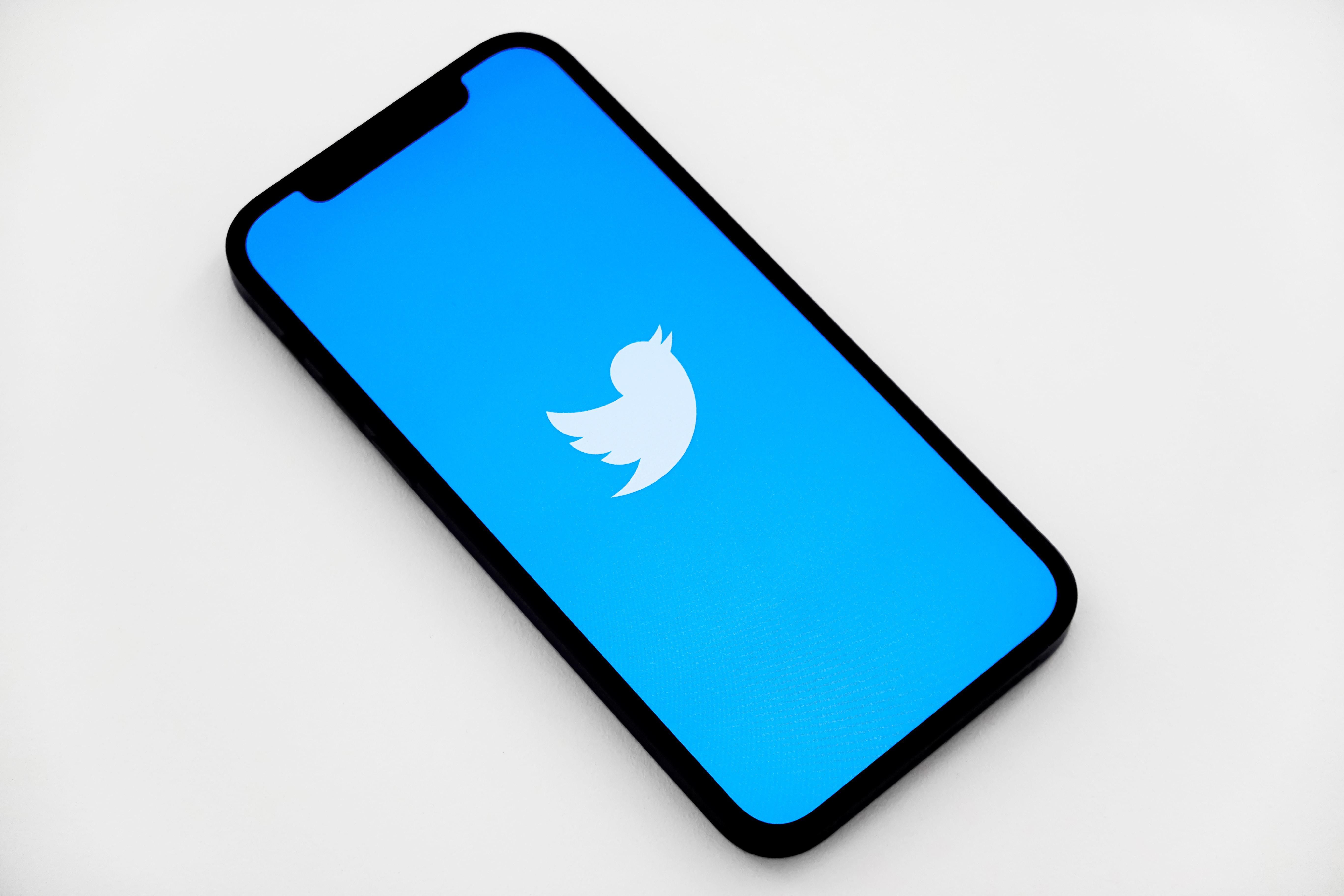Our world is in the midst of a revolution. As Gen Z steps into adulthood, we bring with us a new set of beliefs that promote activism and bring light to social justice issues that -quite frankly- have been ignored in the past. Among these affairs is police brutality, gun control, immigrant reform, intersectional feminism, etc. Though we are nowhere near finished, the reformations already made are astounding and bring us one step closer to redemption. Be that as it may, our (long-overdue, might I add) intolerance for social justice issues has plagued us with yet another controversy: cancel culture. I've seen countless celebrities fall prey to the media after being exposed for some sort of wrongdoing. I mean, how many times has "#SoAndSoCanceled" been trending on Twitter? My point is, cancel culture doesn't even really make sense and here's three reasons why:
The hypocrisy.
A word I see floating around often is "educate." Educate yourself, educate others, blah blah blah. The purpose of "educating" someone is to make them realize and understand their own faults. The word in itself encourages maturation and growth. We learn from our mistakes. The thing about cancel culture is that it contradicts this notion. It leaves absolutely no room for growth. Like whatsoever. The people who promote "educating others" are the same ones who participate in cancel culture. It doesn't allow its victims to show that they have changed their ways, because they are shunned before acknowledging their wrongdoings. It is a toxic pattern that has taken root in the media and poisoned the public. One strike, you're out.
Cherry-picking.
Cancel culture cherry-picks like no other and it is so infuriating! Let's take Ariana Grande, for example. No one seems to mind her excessive self-tanning or the noticeably disturbing amount of cultural appropriation in her single "7 rings." If a popular TikToker -or literally anyone else- did the same things as she does, their reputation would be strained for good. Now, I don't believe Ariana Grande is a horrible person. But her supporters stay blindly loyal to her regardless of the things she's done, and it goes to show how cancel culture picks and chooses when to hold someone accountable.
It's relentless.
No matter how many times a person apologizes for whatever it is that they did, the public will never forgive them. Ever. Cancel culture says, "We want people to take responsibility and own up to their mistakes!" Yet as soon as someone does that, their apology is regarded as "fake" or "forced." Again, one strike, you're out. I mean, it almost seems like people hunt for these errs like they're building a case for someone's cancellation just for fun.
Like I said, it's great that we have taken so many steps forward in the past few years. But cancel culture is, at least the way I see it, a step in the wrong direction. If we want to promote peace and unity, how can we have so much hatred for people for making honest mistakes? The same mistakes we make? And I get it, some people mess up one too many times, and others are just flat-out bad people. But these aren't the people I'm talking about. I'm talking about those who genuinely apologize for their mistakes and are not given the opportunity to try again and better themselves. This is not to discourage calling people out - it is merely the ostracism that bugs me. We should be holding people accountable and "educating" them rather than giving them the cold shoulder.




















